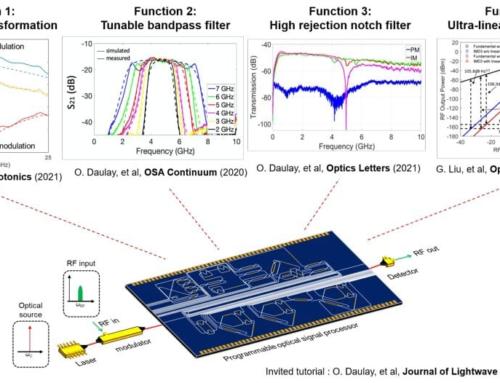Communications regulator Icasa has published an invitation to apply (ITA) for parties interested in investing in South Africa’s planned wholesale open-access network, or Woan.
The Woan, which is the brainchild of government, is an attempt to create a private sector-led wholesale operator to compete with Vodacom and MTN and inject greater competition into the services layer of the market, with Internet service providers able to buy capacity from the new operator. Government hopes this will eventually bring down retail prices for mobile data.
The idea, which has drawn strong criticism as well as scepticism — there are few examples, if any, of a successful Woan model elsewhere in the world — is now moving to the licensing phase with the publication on Friday of the ITA. It was published alongside a second ITA, for the planned mobile broadband spectrum auction.
The ITA calls specifically for the licensing of the Woan as an “individual electronic communications network service” player under the Electronic Communications Act and the issuance of a radio frequency spectrum licence.
In all, Icasa will allocate 80MHz of spectrum to the Woan. It will not require the Woan to participate in the upcoming auction, which will help lower its upfront costs and improve the changes of its financial success.
The new operator will receive 2x10MHz in the 700MHz band, which is still used for analogue television broadcasting (and will continue to be used for this until South Africa completes its long-delayed broadcasting digital migration project).
4G and 5G
The Woan will also get 30MHz at 2.6GHz (good for deploying 4G/LTE services) and 30MHz at 3.5GHz (good for 5G). The spectrum can be used nationally and is exclusive to the Woan. The spectrum is licensed on a “technology-neutral” basis, meaning the Woan can decide what technologies to deploy.
The new company will have to comply with various obligations, including delivering minimum upload and download speeds and operating on open-access principles. It can also share unused spectrum with other network operators, which can combine licensed spectrum in “innovative combinations” to address rural areas and other locations, Icasa said.
The Woan must commence operations within 24 months of being licensed. It must also make 30% of its capacity available to operators that are awarded spectrum through the auction. This measure is meant to support he Woan and will be in effect for seven years.
In addition, applicants for the licence must be at least 70% owned by South African citizens and must be at least 50% black owned (as defined in the B-BBEE Act. It must also be at least 20% owned by black women.
Icasa has also set out various incentives to aid the Woan. These include the 30% offtake arrangement with other spectrum licensees as well as a seven-year payment holiday when it comes to spectrum fees and general licence fees.
It’s not yet clear how much interest there will be in the Woan or who will participate in the licensing process. However, Remgro’s CIVH, which owns Dark Fibre Africa and Vumatel, is known to be keen to participate. Some larger Internet service providers may also look to get involved. — © 2020 NewsCentral Media



